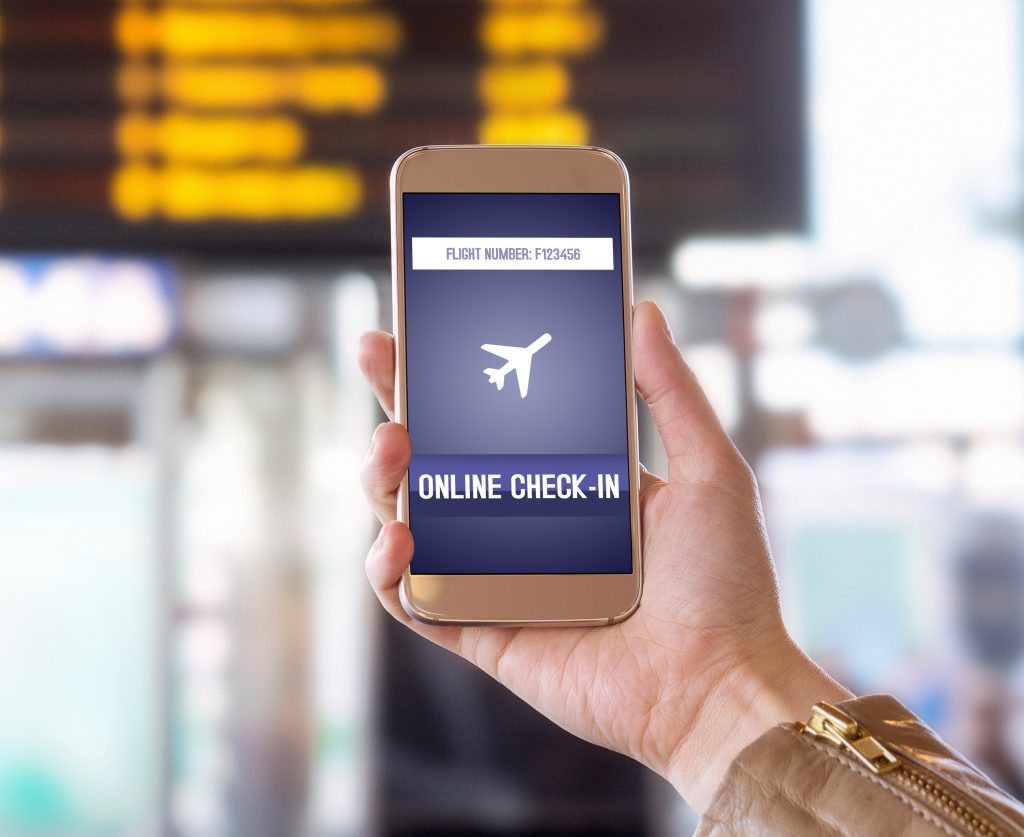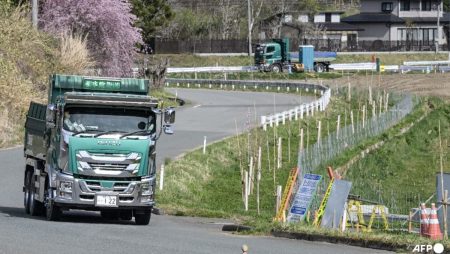The TikTok video showcasing the “Check In Chicken” strategy for securing better plane seats without paying extra has sparked a debate about the effectiveness and risks of this last-minute check-in tactic. The video’s creator claims that by waiting until the last possible moment to check in, passengers can often snag desirable seats like extra legroom or front-row positions that are left unclaimed after other passengers have paid for their preferred seats or been assigned less desirable ones. This strategy capitalizes on the practice of some budget airlines, like Wizz Air and Ryanair, to allocate less desirable seats first, hoping passengers will pay to upgrade. However, travel experts and airline representatives have weighed in, offering cautionary advice against relying on this method.
The “Check In Chicken” strategy, while potentially rewarding, carries inherent risks. The most significant concern is the possibility of being bumped from an overbooked flight. Airlines often oversell flights anticipating a small percentage of no-shows. While airlines are supposed to seek volunteers before involuntarily denying boarding, passengers who check in last are often the first to be bumped. This risk is amplified by the increasing load factors of airlines, meaning flights are often near capacity. While the TikTok user claims she monitors seat availability throughout the day and checks in when only good seats remain, this approach still leaves a window for error, especially if multiple passengers employ the same tactic simultaneously.
Travel experts generally advise against the last-minute check-in gamble. Duncan Greenfield-Turk, CEO of Global Travel Moments, emphasizes that the potential downsides outweigh the slim chance of success. A Wizz Air spokesperson also encourages early check-in for a smoother travel experience. They emphasize the airline’s goal of providing a simple check-in process and clear instructions on avoiding charges, highlighting the availability of online check-in 24 hours before departure. This recommendation aligns with standard travel advice, which prioritizes early check-in to secure boarding priority and minimize the risk of travel disruptions.
While some acknowledge the potential of the “Check In Chicken” tactic under specific circumstances, the consensus leans towards a more cautious approach. Echo Wang, cofounder of Cool Travel Vibes, notes that the strategy’s success depends on the airline’s seat assignment practices. While budget airlines may assign seats from worst to best, making last-minute check-ins potentially advantageous, this is not a universal practice. Jesse Neugarten, CEO and founder of Dollar Flight Club, expresses skepticism, pointing out that airlines prioritize revenue maximization and typically allocate premium seats to elite members or paying customers well before check-in closes. He notes that airlines have increasingly reduced premium seat prices, encouraging upfront purchases and further diminishing the likelihood of last-minute upgrades.
The debate highlights the evolving landscape of air travel in the post-pandemic era. With air travel rebounding strongly, load factors are at record highs, intensifying competition for desirable seats. This increased demand makes the “Check In Chicken” strategy even riskier. Furthermore, airlines are becoming increasingly sophisticated in their revenue management strategies, making it less likely that prime seats will remain unoccupied until the last minute. The availability of premium seats is often controlled through loyalty programs and dynamic pricing, further reducing the chances of a free upgrade.
In conclusion, while the “Check In Chicken” strategy might be tempting for budget-conscious travelers seeking a comfortable flight experience, the consensus among travel experts and airline representatives favors a more conventional approach. Early check-in ensures boarding priority, minimizes the risk of being bumped from an overbooked flight, and aligns with the airlines’ preferred procedures. While the TikTok video demonstrates a successful application of the strategy, it also highlights the inherent risks. The potential for securing a better seat is outweighed by the possibility of being left stranded, particularly in a climate of high load factors and sophisticated revenue management practices. Travelers should carefully weigh the potential benefits and risks before deciding whether to employ this tactic.










